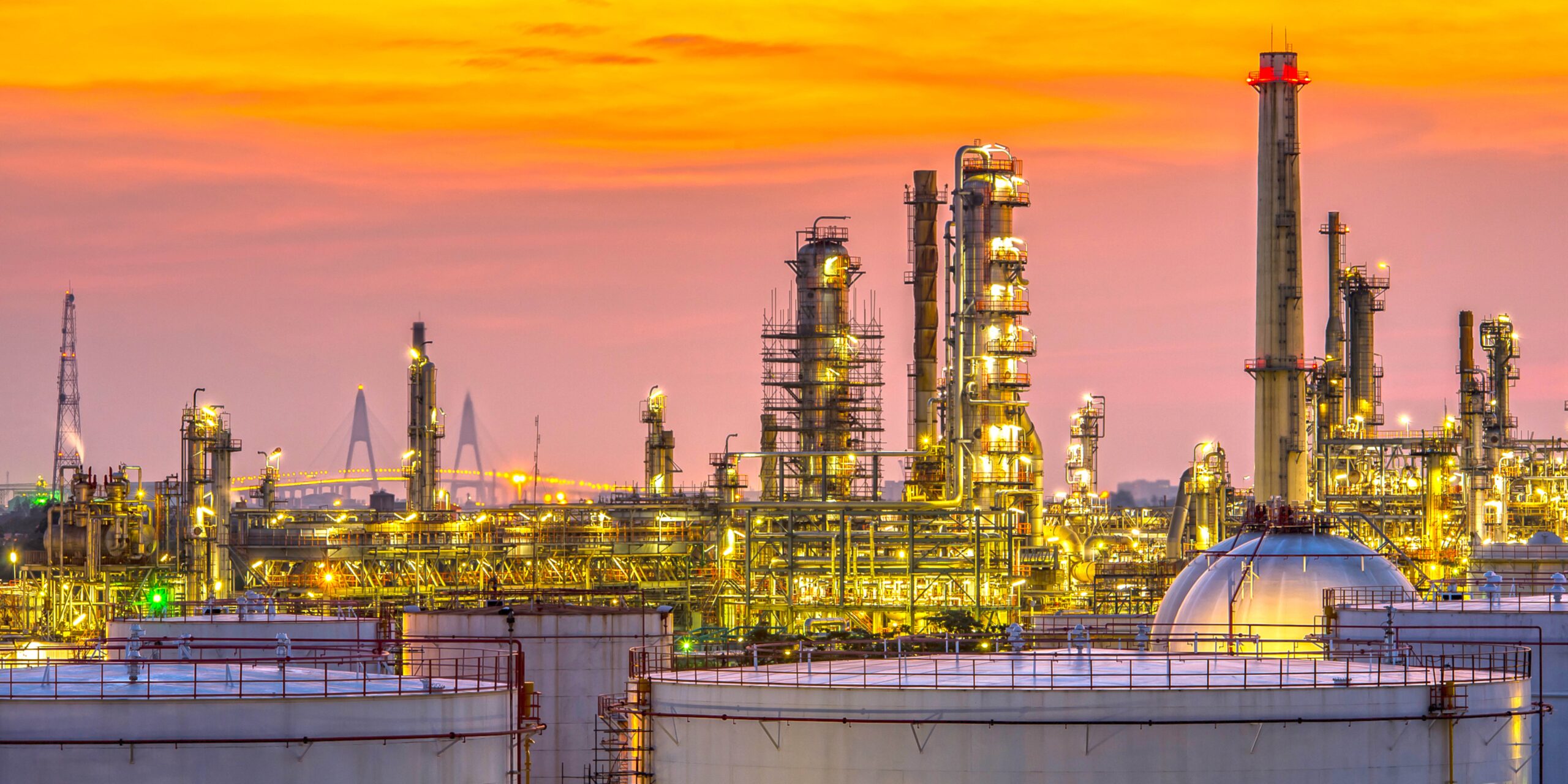At a ceremony marking the 100th anniversary of the Walchensee power plant in Kochel am See, Bavarian minister president Dr Markus Söder praised the achievements of Germany’s oldest and most powerful high-pressure storage power plant. He emphasised the importance of hydropower in Bavaria, with 60 percent of Germany’s hydropower coming from the state. The power plant supplies electricity to around four million households and plays a crucial role in the expansion of renewable energies in Bavaria.
Uniper CEO Michael Lewis welcomed guests to the ceremony and expressed pride in the century-long history of power generation at Walchensee. He highlighted the sustainability efforts of the power plant, with continuous investments in environmental protection and nature conservation. Lewis also recognised the power plant’s role in the energy transition and its contribution to reducing carbon dioxide emissions.
The Walchensee power plant, officially put into operation in 1924, is the oldest and most powerful high-pressure storage power plant in Germany. With an output of 124 megawatts, it generates around 300 million kilowatt hours of electricity annually, equivalent to the consumption of 100,000 households. The power plant utilises the natural difference in altitude between Walchensee and Kochelsee to generate emission-free electricity.
The Walchensee power plant consists of six parallel pressure pipes that lead to the machine hall, where four Francis turbines supply electricity to the public grid and four Pelton free-jet turbines generate electricity exclusively for Deutsche Bahn. The power plant plays a crucial role in balancing out the fluctuating electricity demand and integrating renewable energies into the supply systems.
Uniper plans to celebrate the anniversary year with various events, including free presentations, an open monument day, and a special exhibition on the history of the power plant. The Walchensee power plant will continue to be a key player in the energy transition and the supply of green electricity for emission-free rail mobility.
For more information visit www.uniper.energy










